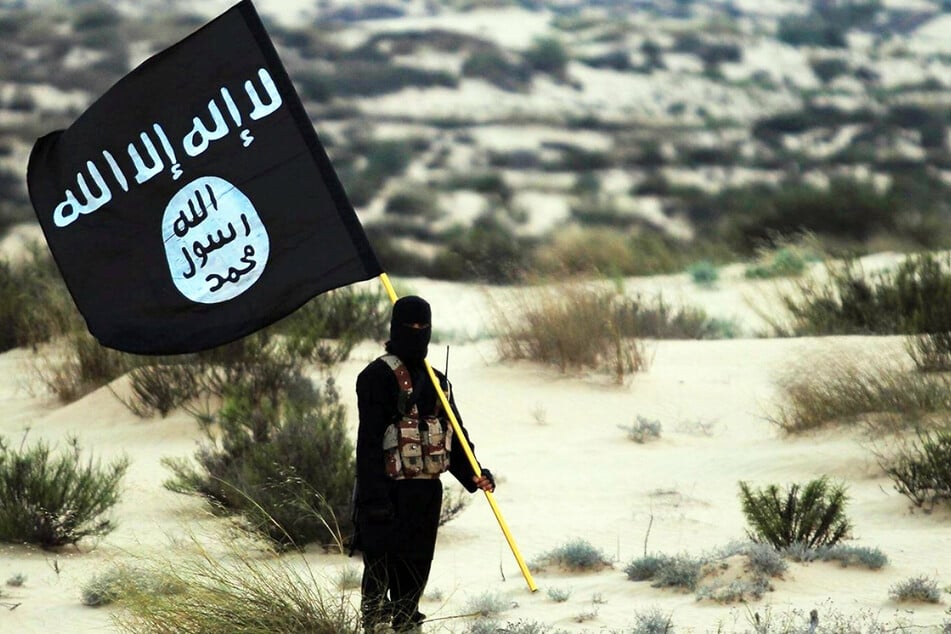ISIS-K: A closer look at the IS affiliate believed to be behind the Kabul attack
Kabul, Afghanistan - Concern has grown over the affiliate of the so-called Islamic State in Afghanistan, ISIS-K, amid reports the group are believed to be behind the attack outside Kabul airport.

Founded in 2015, ISIS-K is the branch of the so-called Islamic State in the Khorasan region, which historically covers parts of Iran, Afghanistan and Pakistan.
It was formed initially by militants from Pakistan along with disaffected Taliban members and operates mainly in the north and east of Afghanistan, close to Kabul.
A recent UN Security Council report suggested there were between 1,000 and 2,200 ISIS-K fighters, down from a peak of between 5,000 and 6,000 in 2016, but their ranks may have been swelled in recent weeks as the Taliban's advance saw prisoners freed across the country.
ISIS-K is hostile towards the Taliban due to its more extreme version of Islam and the two groups have previously fought over control of territory in Afghanistan.
After the Taliban's takeover of the country, the group reportedly executed a senior ISIS-K commander who had been imprisoned in Kabul.
The conflict between the two groups means that ISIS-K is less likely to be bound by the Taliban's agreement with Western forces to allow evacuations to continue from Kabul airport.
Similarly, the relationship between ISIS-K and al Qaida is unlikely to be one of straightforward co-operation despite their similar beliefs, reflecting broader conflict between al Qaida and IS globally.
Escalating violence over the past year

ISIS-K has carried out a number of high-profile attacks in recent years, despite reports that its numbers had fallen thanks to military action by the US, Afghan forces and the Taliban.
The group is thought to have carried out a devastating attack on a maternity hospital in Kabul in May 2020, killing 24 people including newborn babies and mothers.
It has also claimed responsibility for several other attacks in Kabul, including an assault on the city's university last November and rocket attacks in the same month.
ISIS-K also claimed responsibility for an attack on Jalalabad prison last August.
The group is clearly able to carry out deadly, complex attacks in the area and US Secretary of State Antony Blinken described the threat of an ISIS-K attack as "a very real possibility."
But the former head of British forces in the country has said it might not be "the main threat."
Colonel Richard Kemp told BBC Breakfast on Thursday morning: "That threat of terrorist attack, whether it's from Taliban, the Islamic State, or al-Qaeda, it could equally be all three of those groups."
"The fact that people are talking about Islamic State doesn't make that the most likely threat."
Cover photo: IMAGO / ITAR-TASS

